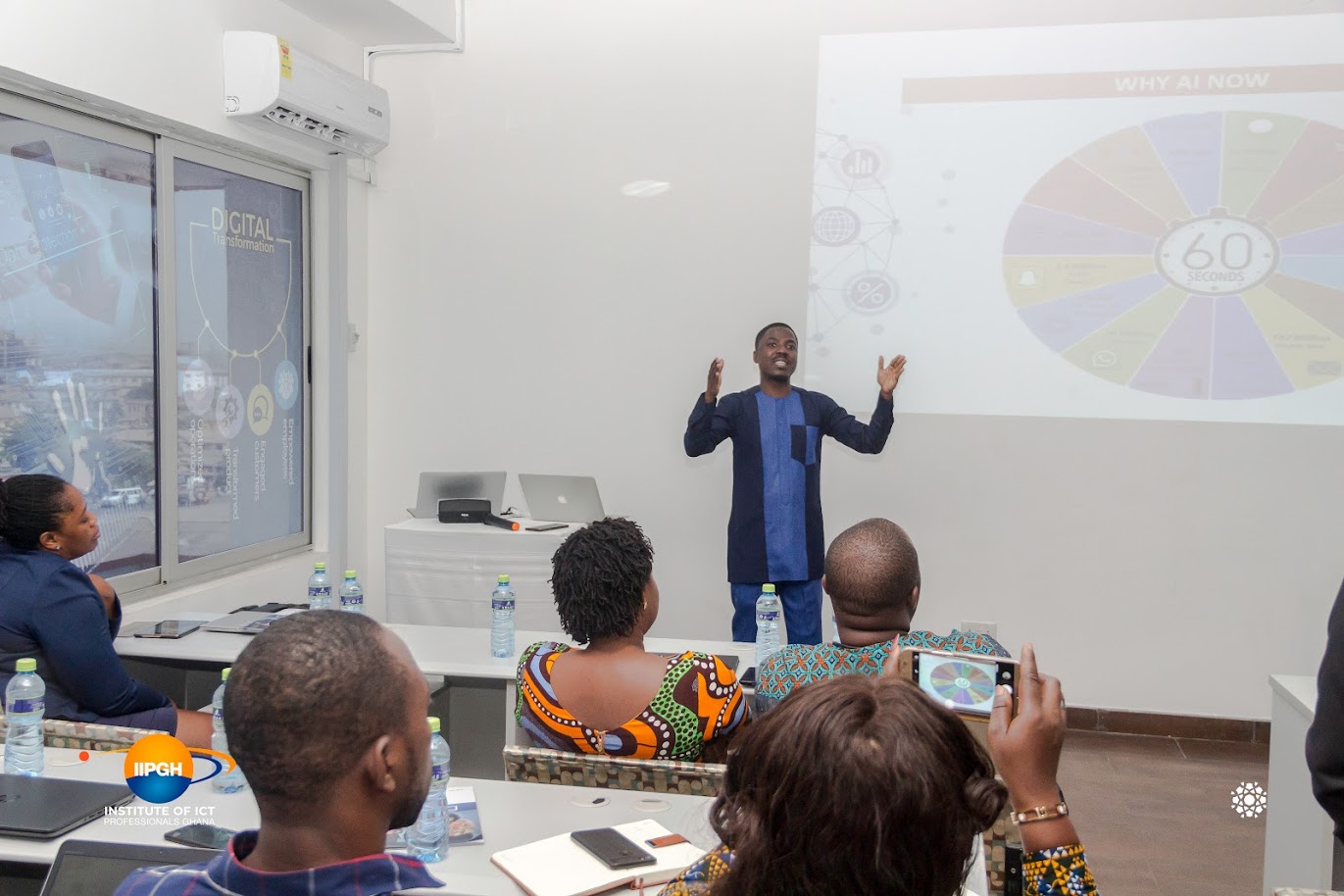The influx of technology hubs across the country has significantly inspired the youth to seek self-employment in the technology sector. The pursuit of new knowledge and the creation of innovative products have been the outcome so far. Technology hubs introduce the youth to both the technical and entrepreneurial aspects of venture creation. The entrepreneurs use the information acquired over the period to make strategic decisions in the venture creation process.
The role of these technology hubs in the entrepreneurial ecosystem of Ghana cannot be underestimated. The hubs serve as a safe haven for ambitious youth who want to start or scale their businesses. They provide working spaces, opportunities, and support that many startups require to advance to the next stage of their venture creation.
On the Ghana Hubs Network’s website, there are 30 hubs registered as members of the network across the country. It is worth noting that, there are other existing hubs in the country which are not members of the network. The kind of access that individuals have to hubs in Ghana has increased tremendously over the past years.
The success stories are numerous, but much needs to be done to achieve the expected goals of these hubs and to make them sustainable. The business models of most of these hubs are mostly dependent on available funds from foreign donors. The dependency on donor funding can be a threat to growth and sustainability, so there is a need for local strategic partnerships.
Most of these hubs take their inspiration from the Silicon Valley and European ecosystem business models. In discussing the success stories of the technology hubs in Ghana, one actor which is critical to the growth and sustainability of these hubs is, in most cases missing – the university. Universities have played crucial roles in the success of the Silicon Valley ecosystem in the USA, and the hubs will have to find a way to engage them in Ghana.
University support
The role of universities in the startup ecosystem must be given the necessary attention that it deserves to get the best out of the hubs. In the Silicon Valley ecosystem, some inventions started from the university to industry and vice versa. Universities are made up of competent human resources that we can leverage to our advantage in the idea creation and business building processes of technology entrepreneurs in the hubs.
The human resources managing the youth in the various hubs influence the output of the entrepreneurs. The kind of innovations and level of sophistication is as a result of the support entrepreneurs obtain from the hubs. Providing well-coordinated support will improve the venture creation process, which will result in the development of competitive products for both local and international markets.
Universities are continually researching ways to improve and present sophisticated technologies to consumers and the development of new ones. These results can enhance the idea generation and product development of most entrepreneurs. Entrepreneurs in the hubs can be given access to research findings under a structured dispensation to strengthen and transform their innovations. Bridging the gap between the hubs and universities will significantly benefit this endeavour. Entrepreneurs providing indigenous solutions could be supported to improve their innovations.
The support could be structured according to the focus areas of the universities. Universities that focus on education can support startups developing EdTech products; universities that focus on agriculture can help Agritech startups, and so on. The well-seasoned Professors at these universities, who are at the same time consulting for national and multinational cooperations can introduce startups to strategic networks which will facilitate the growth of their businesses.
Infrastructure usage
Most universities have closed their doors to students during the COVID – 19 period; the laboratories are empty and not in use. During this period, startups can use the university laboratories to develop and test their prototypes with experts’ support. Most of our hubs cannot build and maintain well-equipped laboratories, so using that of the universities will be incredibly supportive.
Beyond COVID -19, universities can institute measures that offer the startups access to the laboratory spaces. The university laboratories can be used in lean periods and weekends. Final products or prototypes can be significantly improved using well-equipped laboratories. Lab assistants and experts in the universities can support such endeavours.
Commercialization of innovations
The ICT departments of universities have a lot of research results that can be commercialized. Partnership with private technology hubs in the country can help facilitate this move. Brilliant students or graduates could be identified and put into teams to develop products from the research findings. It will be an opportunity for universities to test most of the research findings. The industry players can also contribute to this endeavour. The universities, through their Technology Transfer Offices, could proactively organize industry events where these innovations can be exhibited. The universities can own the intellectual property, and the technology license given to spin-offs to use. This calls for a more holistic licensing regime. In some instances, the university can also invest in the spin-offs.
Attractive incentive structure
There must be an incentive structure that encourages university Professors and experts to participate in these engagements. There can be a system where mentoring startups or particular hubs could be part of a Professor’s duties in the semester and rewarded accordingly. The Professors will report the outcome of these engagements to the universities at the end of each semester. Experts from the universities will also have the first right to purchase shares or invest in the spin-offs.
Proper investment in the growth of the technology sector is very crucial. Technology hubs and universities must be proactive since the collaboration will benefit them in the long term. Government institutions that support entrepreneurship must play their roles to make this collaboration work.
The intention of this engagement should be to build a stronger indigenous “Silicon Valley” using the resources available to achieve the bigger goal of Ghana becoming the next big technology innovation destination in Africa.
ONE YEAR ONLINE CODING PROGRAM- SEPTEMBER INTAKE. Register here now.
Author: Kwabena Obiri Yeboah, PhD
Entrepreneurship and Innovation Management Expert | Member, Institute of ICT Professionals Ghana
For comments, contact koyeboah2@gmail.com , +233555293293





